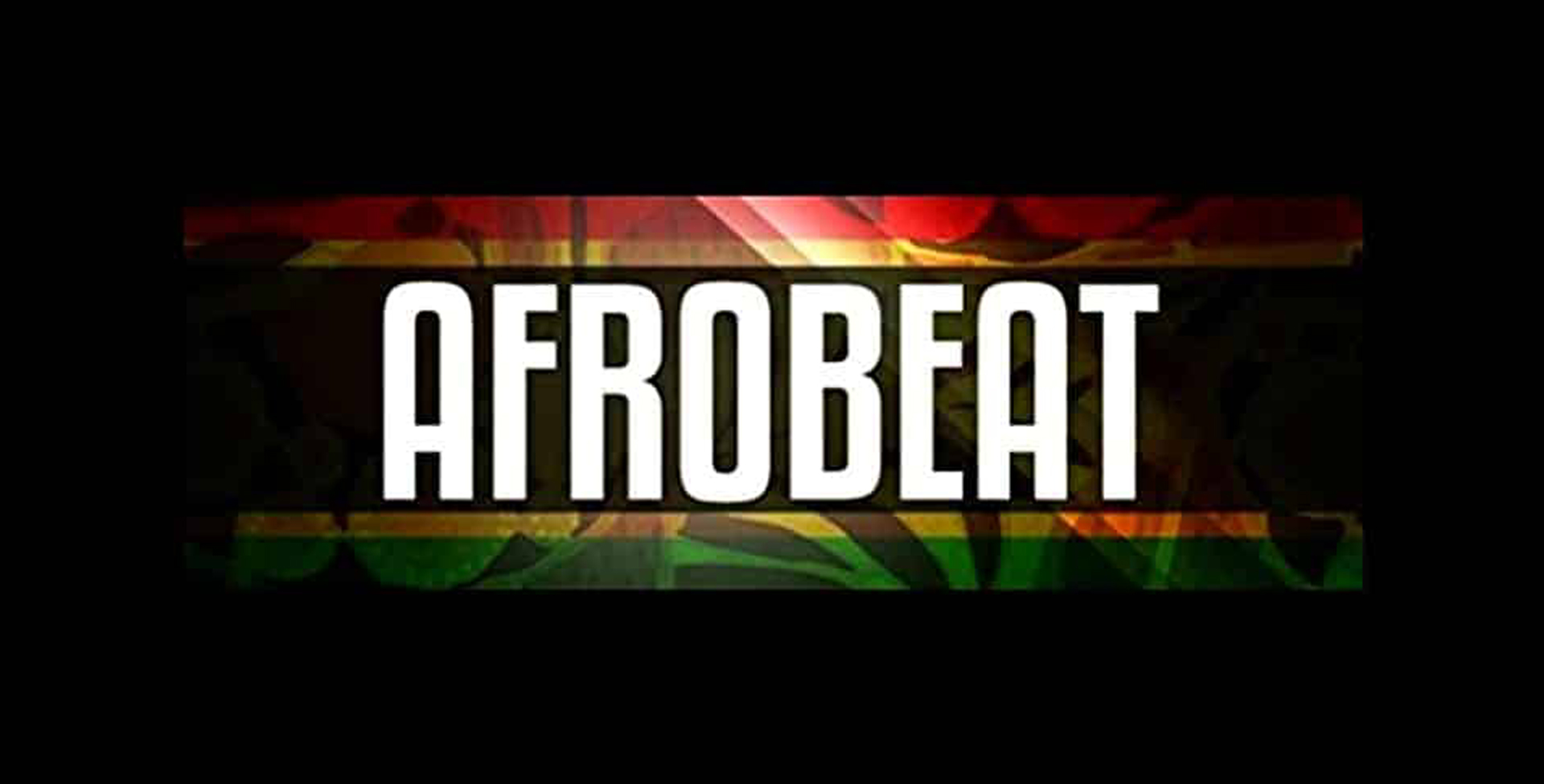Afrobeat, a genre celebrated globally for its fusion of African rhythms with jazz, funk, and highlife, owes much of its depth to West Africa. While Nigeria remains central to its origins, Ghana’s legacy in Afrobeat is equally vital. The country’s musical heritage, particularly through highlife and traditional percussion, helped shape the Afrobeat sound we know today.
Highlife as the Foundation
Ghana’s highlife music, which emerged in the early 20th century, blended indigenous rhythms with Western instruments. It created a lively, melodic style that heavily influenced Afrobeat. Nigerian pioneer Fela Kuti often acknowledged the inspiration he drew from Ghanaian highlife. In fact, the genre’s rich brass sections and rhythmic guitar lines reflect the essence of highlife traditions. As a result, Ghana’s legacy in Afrobeat began taking form long before the genre had a name.
Rhythmic Complexity from Ghanaian Roots
Another major influence lies in Ghana’s traditional drumming culture. Groups like the Ewe and Akan have long practiced polyrhythmic percussion that later found its way into Afrobeat. These layered rhythms give the genre its unique texture. Additionally, the use of percussion instruments such as the talking drum and kpanlogo drum added depth and cultural resonance to Afrobeat’s sound.
Ghana-Nigeria Musical Exchange
Due to their geographical closeness and shared colonial history, Ghana and Nigeria maintained strong cultural ties. Musicians from both countries frequently collaborated, toured, and exchanged musical ideas. This dynamic exchange helped Afrobeat become a pan-West African sound. Consequently, the genre evolved beyond national borders, carrying the combined spirit of both countries.
Activism and Messaging Through Music
Much like Fela Kuti, many Ghanaian musicians used their art to address political and social issues. Highlife songs often tackled corruption, inequality, and national identity. This commitment to activism strengthened Afrobeat’s foundation as a genre that not only entertains but also educates and challenges authority. Therefore, Ghana’s tradition of message-driven music became an essential thread in Afrobeat’s identity.
Ghanaian Artists on the Global Stage
Artists such as E.T. Mensah and the band Osibisa introduced African music to international audiences. Their success helped Afrobeat gain recognition far beyond Africa. In recent years, Ghanaian artists like King Promise and Stonebwoy have also contributed to Afrobeat’s continued global reach. Their music bridges traditional influences and modern styles, highlighting how Ghana’s legacy in Afrobeat continues to thrive.
Conclusion: A Shared Cultural Achievement
In summary, Ghana’s influence on Afrobeat spans melody, rhythm, activism, and global reach. By contributing highlife rhythms and rich percussion traditions, Ghana helped Afrobeat develop into a powerful, expressive genre. Today, the sound stands as a cultural collaboration between nations, with Ghana’s legacy in Afrobeat deeply woven into its DNA.
- For more on Ghanaian musicians shaping global music, check out our feature on top Ghanaian fashion and culture influencers.
- Discover how music continues to drive African youth activism in our Arts & Culture section.
- Read more about Fela Kuti’s Afrobeat legacy on Britannica.
- Learn about E.T. Mensah’s influence on highlife via Discogs.




Leave a Reply